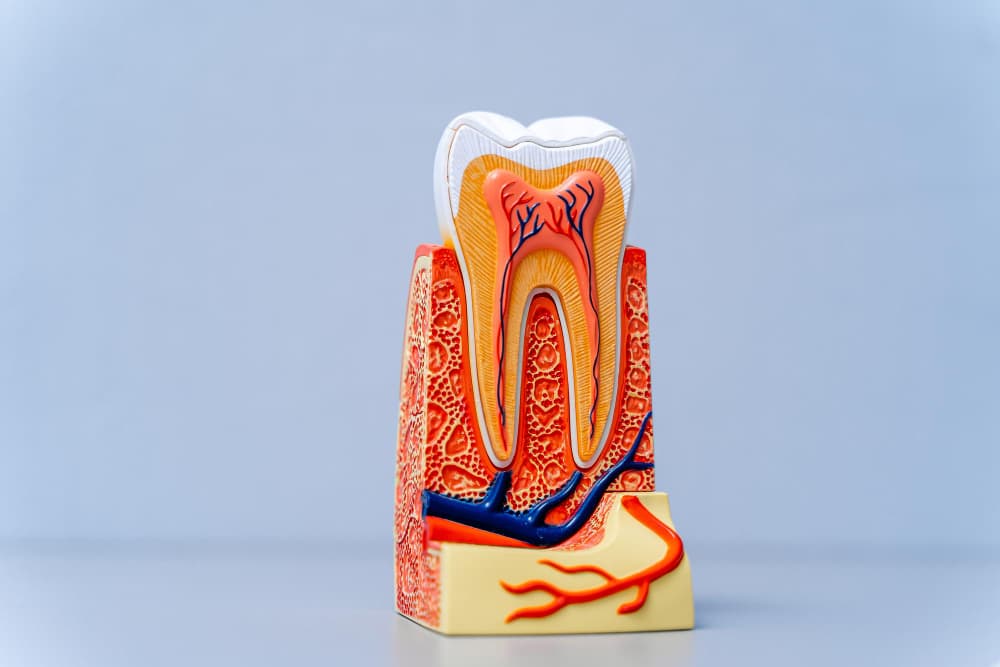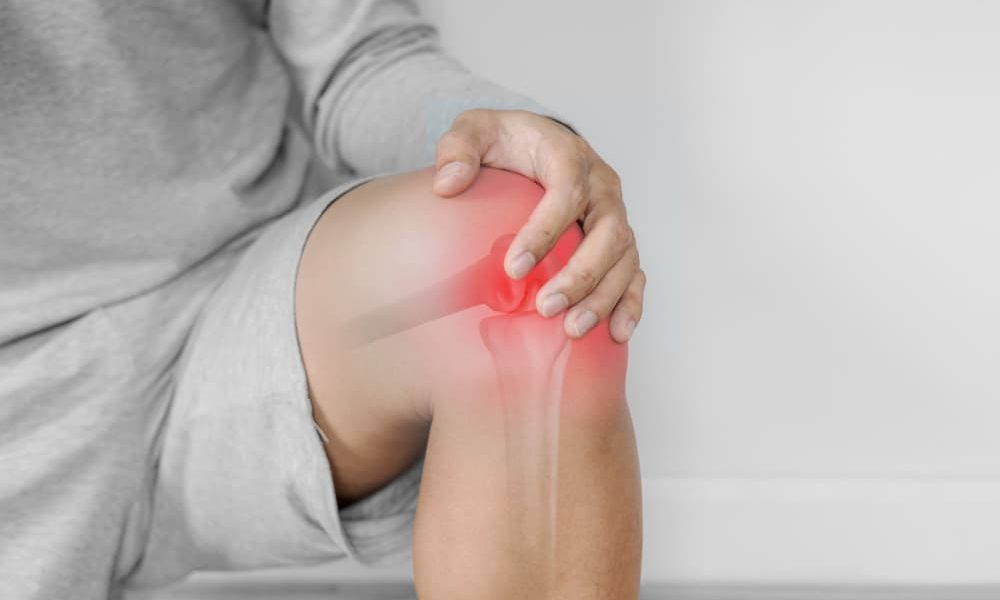
If you have a lot of pain and are interested in knowing how to kill the nerve in a tooth with a home remedy, here we will explain what to do and what not to do.
The discomfort and pain that occurs when a tooth is affected can be debilitating, and many are looking for a quick solution. There is often talk about “how to kill the nerve of a tooth home remedy”, but it is essential to approach this issue with care and knowledge.
In this article, we will offer you a complete guide on how to kill the nerve of a tooth with a home remedy in Spain, considering the well-being and health of the person.
Home Methods: What You Need to Know
Clove oil
The clove oil It is more than an aromatic spice; It is a popular remedy for dental pain in many cultures. It contains a substance called eugenol, which has analgesic and antiseptic properties.
Many people in Spain and around the world use it to relieve the sensation of an affected nerve in the tooth. It is an easily accessible remedy, but there are important aspects to consider.
How to use it
If you find yourself in the position of needing to relieve a toothache, you can apply a few drops of clove oil on a cotton ball and gently place it on the affected tooth. The initial sensation may be a little strong due to its intense flavor and smell, but it usually passes quickly.
It is vital to understand that although this can efficiently relieve pain, does not “kill” the nerve permanently. It is a temporary remedy and should not be considered a permanent solution.
Garlic
He garlic It is not only a common ingredient in Spanish cuisine; It is known for its antibacterial properties, and can be an ally at home when it comes to relieving dental pain.
But its use in this context has its own peculiarities and limitations.
How to use it
Crushing a clove of garlic and applying it to the affected tooth is a method that has been passed down through generations.
The active compound in garlic, called allicin, has antibacterial properties. But it’s important to remember that while it may offer temporary relief, this does not solve the underlying cause of the problem. It is only an emergency measure and not a substitute for professional dental care.
Common Mistakes to Avoid
Don’t Confuse Temporary Relief with a Permanent Solution
In searching for how to kill the nerve in a tooth home remedy, you can find many methods that offer temporary relief. However, it is a common mistake to confuse this relief with a permanent cure. None of these methods it really “kills” the nerve or addresses the root of the problem, and can lead to complications if relied solely on them.
Seek Professional Care
If pain persists, there is no substitute for seeking the care of a dentist in Spain that can diagnose and treat the underlying problem properly. Home remedies can be useful in an emergency, but should not delay a visit to the professional.
A qualified dentist can perform a complete evaluation and provide appropriate treatment, ensuring that the underlying cause of the pain is addressed.
Final Considerations
Health & Wellness
If you are wondering how to kill the nerve of a tooth with a home remedy, it is vital to take into account the long-term health and well-being. Home remedies such as clove oil and garlic can offer temporary relief and are useful in an emergency situation, but They should never replace a visit to the dentist.
Dental health is an integral part of overall health, and professional care is essential to keeping your mouth healthy and happy. Home remedies are useful tools, but always within a context that recognizes the importance of professional medical care.
Conclusion
Searching for “how to kill the nerve in a tooth home remedy” can lead to many tips and tricks online. Although some of these methods may offer temporary relief, it is essential to understand that they are not a substitute for professional dental care.
In Spain, It is always advisable to seek the help of a qualified dentist if the pain persists to ensure that the underlying cause of the discomfort is treated and protect the person’s overall health and well-being.







